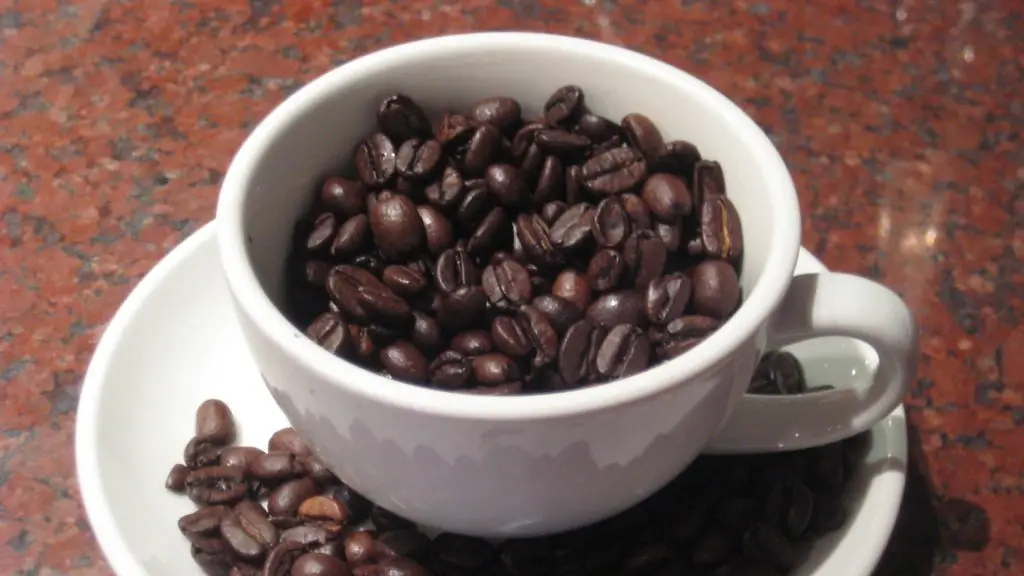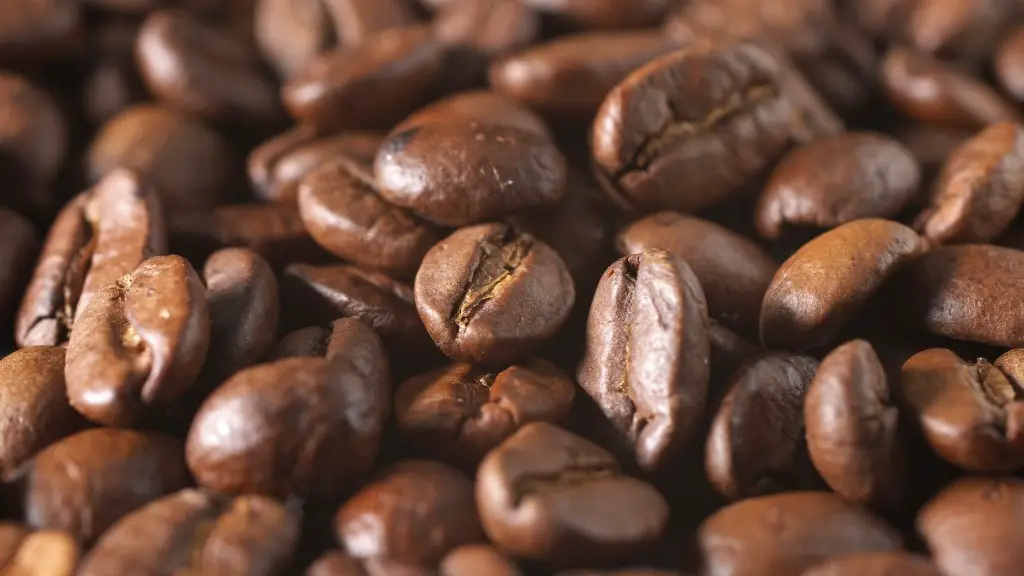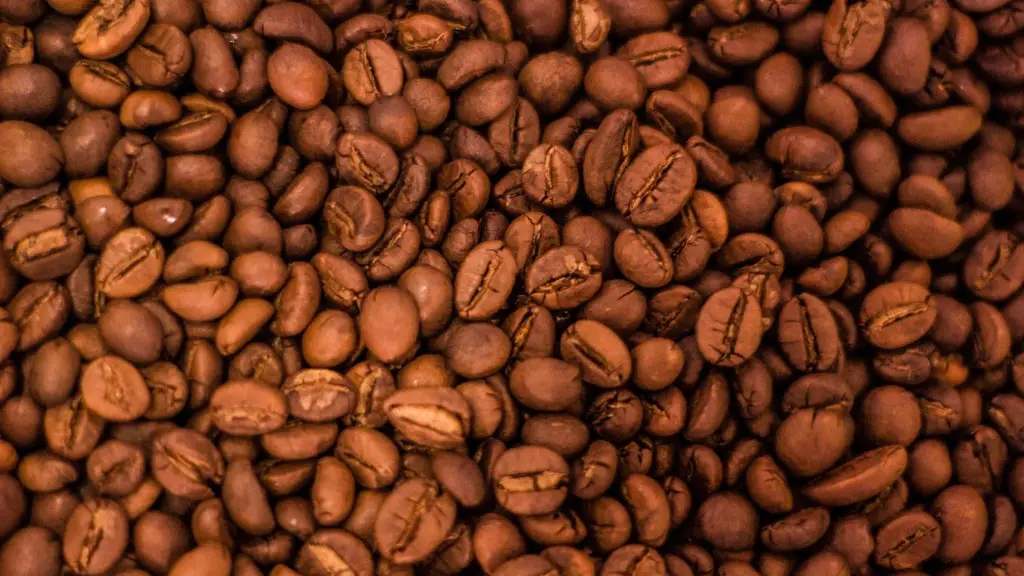The Caffeine Triggered Headache Phenomenon
Humans have been drinking coffee since the 15th century, and the popularity of this stimulating beverage is only increasing. Coffee has benefits such as increased alertness and improved concentration, making it an ideal beverage for students, shift workers and athletes. However, overindulging in this energy booster can cause too much of a good thing. One of the most common side effects of drinking too much coffee is getting headaches.
It’s commonly assumed that the caffeine in coffee causes headaches, but the scientific research behind this assumption is somewhat inconclusive. Although caffeine may cause other side effects such as insomnia, jitteriness and irritability, scientific evidence suggests that caffeine is more likely to reduce headache pain than increase it. However, this research was based on moderate levels of caffeine intake (less than 400 milligrams of caffeine per day), so it is difficult to extend these conclusions to excessive coffee drinking.
Just like any other food or drink, different people react to coffee in different ways. Some may be perfectly fine drinking 4 or 5 cups of coffee a day, while others may only be able to drink 1 or 2 cups before experiencing a headache. Genetics, as well as individual differences such as caffeine sensitivity, may also play a role in headaches caused by coffee.
Many people with frequent headaches choose to avoid coffee altogether. However, there are ways to enjoy coffee without sacrificing your health. The amount of coffee you drink is the most important factor in avoiding coffee-induced headaches. A sensible strategy is to limit the number of cups of coffee to no more than 3 per day and to avoid coffee late in the day. It’s also important to drink coffee only when you really need an energy boost. Coffee should not be used as a substitute for sleep.
If you’re experiencing frequent headaches, it may be worth cutting down on your coffee consumption to see how it affects your headache symptoms. Keeping a headache journal and tracking the amount of coffee you’re drinking can help to determine whether or not your coffee habit is causing your headaches.
The Benefits of Coffee and Caffeine
Coffee has a range of proven health benefits. Studies have shown that drinking 3 to 4 cups of coffee a day can reduce the risk of some diseases, such as stroke, heart attack, and type 2 diabetes. The caffeine in coffee stimulates the central nervous system and helps to improve alertness and attention. Studies have also shown that caffeine can enhance physical performance and reduce fatigue.
Caffeine can also improve mental functioning and memory recall, making it a beneficial addition to any student’s diet. Many people also find that they are more productive while drinking coffee. Caffeine can also act as an appetite suppressant, making it a useful tool for those trying to lose weight.
Although it’s recommended that pregnant women should limit their caffeine intake, coffee can be generally enjoyed in moderation throughout most of adulthood. It’s important to note that moderation means different things for different people, so it’s important to determine your own limits.
Coffee Alternatives That Provide Caffeine with Reduced Side Effects
If you find that drinking coffee gives you headaches, or if you just don’t enjoy the taste of coffee, there are many other beverages that can provide you with the same energy boost minus the side effects. Both tea and energy drinks have caffeine, but in modest amounts. Tea typically has around half as much caffeine than coffee, and energy drinks usually have around a third as much.
Green tea and yerba mate are two herbal teas that you may want to try. The amount of caffeine can vary greatly depending on the type and strength, so it’s important to check the labels. Green tea typically has less caffeine than black tea, but more antioxidants. Yerba mate is an energizing tea that has an earthy, herbal taste and more antioxidants than green tea.
There are also many caffeine alternatives that provide a similar energy boost without the anxiety and jittery feeling that comes with caffeine. Guarana is a natural stimulant that is derived from the seeds of the guarana plant. It has more caffeine than coffee and can give you a similar energy boost without any of the adverse side effects. Another popular alternative is ginkgo biloba, which is derived from the leaves of the ginkgo tree. The active benefit of ginkgo biloba is increased blood flow, which may improve alertness and reaction time.
Emergency Headache Relief for Coffee-Loving drinkers
When you experience a headache after drinking coffee, there are some steps you can take to reduce the severity of your symptoms quickly. Over-the-counter pain medications such as ibuprofen and acetaminophen can help to reduce headache pain and other symptoms such as dizziness. It’s important to use these medications as directed and not to use them too often, as they can lead to serious health issues if taken too often.
It’s also important to drink plenty of fluids, such as water and herbal teas, and to ensure you’re getting enough sleep. Resting in a dark, quiet room can also help to reduce headache symptoms. A cool compress placed on the forehead or temples can also help to relieve pain.
Sometimes, headaches are caused by dehydration. Drinking water can help to prevent and reduce headaches. One study found that people who drank 500 milliliters of water had a significant reduction of headache symptoms. Although this amount of water can vary from person to person, it’s important to stay hydrated if you’re experiencing frequent headaches.
Preventative Headache Tactics for Coffee Loving Drinkers
It’s important to engage in preventative strategies in order to reduce your risk of getting headaches in the first place. If you’re someone who drinks a lot of coffee, it’s important to limit your intake, as drinking too much can lead to headaches. It’s also important to choose a high-quality source of coffee, as this can have an impact on the flavor and your overall health. Additionally, varying the type and strength of the coffee you drink can help to reduce the risk of developing a headache.
It’s also important to avoid adding sugar or other sweeteners to your coffee, as these can lead to other health issues such as weight gain. Instead, try adding a splash of almond milk or cream for a creamy treat that won’t cause a headache. Additionally, drinking plenty of water as well as getting regular exercise and eating a balanced diet can help to reduce your risk of headaches.
If you’re someone who experiences frequent headaches after drinking coffee, it may be worth consulting with a doctor to get professional advice on how to reduce your symptoms. Your doctor may be able to determine the cause of your headaches and provide advice on how to alleviate them.
Bottom Line
Drinking too much coffee can lead to headaches in some people, but the exact cause of these headaches is still unclear. It’s important to keep track of your caffeine intake and to limit it to no more than 3 cups per day. Pain relievers and other measures can help to alleviate headache pain in the short term, but the best way to prevent headaches is to drink coffee in moderation. For those who can’t do without their morning coffee, there are many alternative sources of caffeine with fewer side effects.




